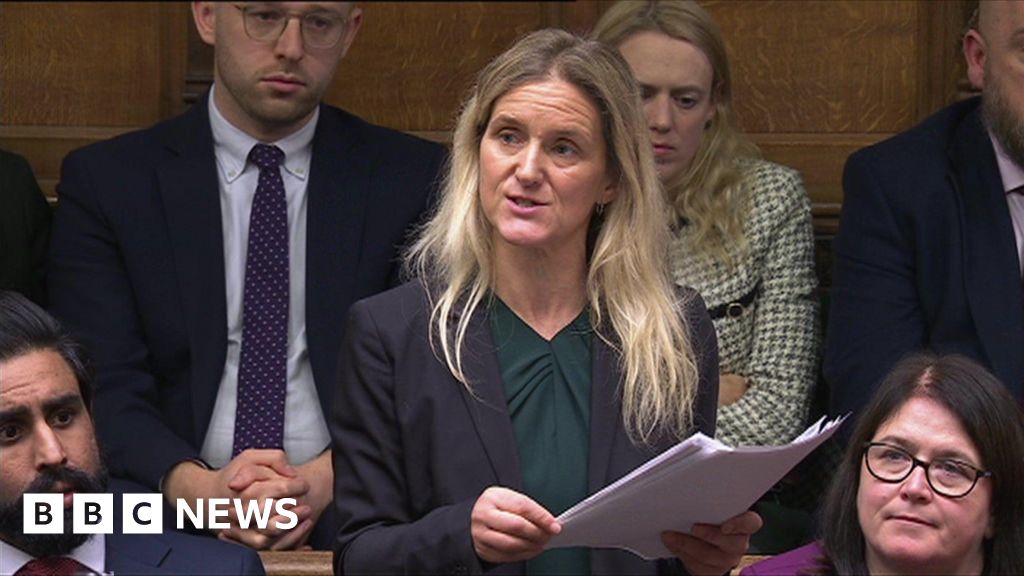MPs’ vote to back the legalisation of assisted dying in England and Wales is historic.
It means such a law has moved a step closer to being passed – but it is only one step along a path likely to last many months. Even then, the legislation could take two years to come into force.
There are still many parliamentary hurdles the Terminally Ill (End of Life) Bill must clear before it becomes law, with five stages handled by MPs and five more by peers, and further rounds of voting.
If it successfully navigates this process, we could see the law change to allow some terminally-ill adults expected to die within six months to seek help to end their own life.
Kim Leadbeater, the MP behind the bill, told the Commons there would a period of up to two years before any new law was implemented because “it is more important to get this right than to do it quickly”.
But it is also possible the bill could fall and not become law at all.
The measure was introduced by Labour MP Leadbeater as a private members’ bill (PMB), which is a way for backbenchers to bring forward new laws in addition to the government’s agenda.
It was also brought forward as a conscience issue, meaning MPs are free to vote according to their beliefs rather than in line with their party.
A bill’s first reading is a formality, where Leadbeater read out its name in the Commons and a date was set for the next stage.
The real debate between MPs got under way during its second reading on Friday.
At the end of the debate, Leadbeater’s bill was backed in principle by 330 votes to 275.
It will now move on to be scrutinised at committee stage, where it will be scrutinised line by line by a smaller group of MPs.
Report stage then follows, allowing any MPs to propose amendments. The Commons Speaker will decide which ones are debated and voted on.
After this, MPs get a a final chance to vote for or against the bill at what is known as third reading – and some may change their mind about it – after which all five stages must be repeated by peers in the House of Lords.
If peers do not make any further changes, the bill would be sent to the King for Royal Assent, which formalises the law as an act of Parliament.
There will also have to be a money resolution to authorise any spending the bill would require. Only the government can table money resolutions.
The government might decide to intervene in the parliamentary process to change some of the normal procedures that apply to PMBs from now on – for example to allow more Commons time at report stage.
But so far it has not indicated it is planning to do this.
A PMB’s committee would not normally have the power to call in experts to give evidence, but MPs approved a motion straight after Friday’s main vote to allow it to do so.
PMBs do not have timetabled committee sessions, potentially giving extra time to examine the legislation.
The prime minister, who voted for the bill, has said a government impact assessment will be carried out and published as the bill proceeds.
Another issue is that the ministers who heads the two main departments that would have to implement the legislation – Health Secretary Wes Streeting and Justice Secretary Shabana Mahmood – were among the MPs who opposed the bill on Friday.
All bills must complete their parliamentary stages by the end of the year’s parliamentary session. These are not set in stone.
Report stage onwards needs to take place during the Friday sessions set aside for PMBs, and can run only from 25 April.
In practical terms, that means the committee stage needs to be completed quite quickly to leave sufficient time for the remaining stages of the bill to take place.
A particular risk to the bill’s passage could be at report stage where, if many amendments are tabled, Parliament could run out of time to debate them all.
Throughout the parliamentary process, lobbying from both sides will continue to shore up support and change MPs’ minds, in time for the final vote.







Yorumlar kapalı.